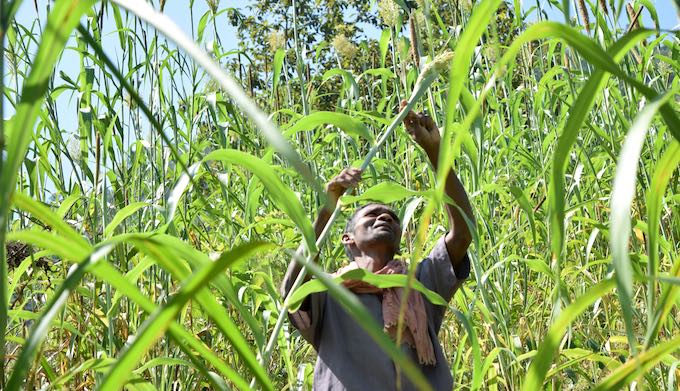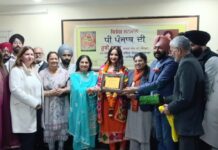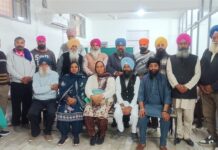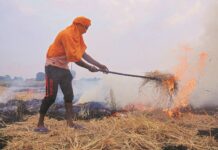Jaswant Singh Gandam
India Post News Service
PHAGWARA, Punjab: Experts participating in the Indian Science Congress at Lovely Professional University questioned government policies on rice production and flagged issues of economic and ecological sustainability in Punjab.
They also questioned provision of free power to farmers and stressed the need to modify subsidy policies to encourage groundwater conservation, saying that current policies encourage exploitation of water.
Different aspects of rice production, its cultivation in Punjab, and associated challenges were discussed at a symposium on “Rice production system in India and South Asia: Challenges and Opportunities”.
Presenting his case study, LPU Vice-Chancellor Dr Ramesh Kanwar, a prominent hydrologist, put forward facts about exploitation of underground water and suggested solutions. Citing data on Punjab water needs for major crops, he said that while wheat required 450-500mm water, maize required 500-550 and rice required 900-1200mm.
“However, average rainfall from 2008-2015 stood at just 480mm”,he said, adding rice needed 1900 liters of water for one kg production, around three times than that required for wheat.
Also, he said, 90% of irrigation needs in Punjab were being met by exploiting groundwater.
“Since government policies were designed to favor rice production, farmers were not left with many choices”, Anwar said, adding that free power to farmers encouraged exploitation of water.
He suggested offering incentives to farmers who replace rice with some other crop.
He also pressed the case for elimination of rice as a major cereal crop(not complete elimination but wherever sustainable) as it was an unsustainable crop, provision of up to 75% subsidy to farmers to adopt micro irrigation systems and an equal percentage of subsidy for rainwater harvesting.







